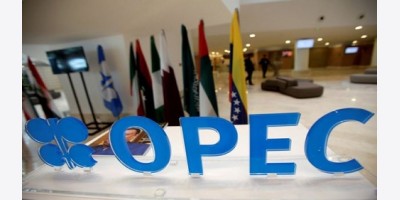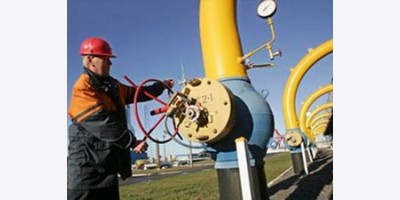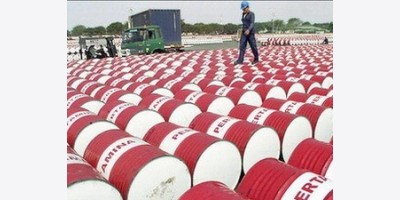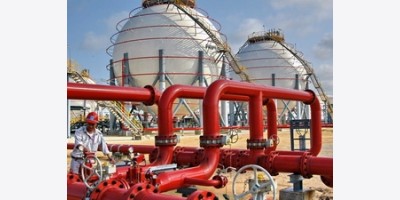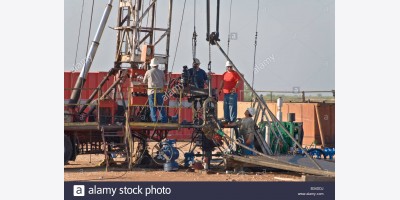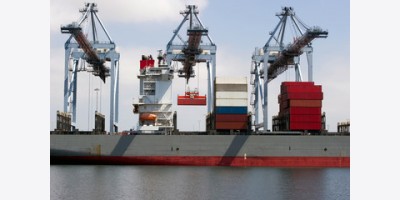By International Business
Kazakhstan is considering new options for its oil exports, including partnering with Iran, as its concerns about Western sanctions against its northern neighbor Russia grow.
Uzaqbai Qarabalin, the minister of oil and gas, told Kazakh lawmakers Monday that Western sanctions against Russia may lead to a decrease in the oil volume transported to foreign markets through Russian pipelines, according to a Radio Free Europe translation of reports from KazTAG, a news agency based in Kazakhstan, and Interfax, a non-governmental news agency based in Moscow.
The government of the former Soviet republic maintains good relations with the Kremlin and supports Russia’s annexation of Crimea despite Western opposition.
Qarabalin said state-owned KazMunaiGas will have to focus on the Azerbaijan-Georgia-Turkey route west of the Caspian Sea from Kazakhstan. He also said Iran may be considered as a potential partner.
The Kazakh government is looking to increase its oil exports to neighboring China, Uzbekistan and Turkmenistan soon, Qarabalin said. He added that Western sanctions may shift Russian oil exports toward Kazakhstan, affecting the domestic gasoline market and local refinery operations, Radio Free Europe reported.
Kazakhstan has the largest oil reserves and production among the former Soviet republics after Russia, according to the U.S. Energy Information Administration. The two largest projects at Tengiz and Karachaganak accounted for 40 percent of the country’s liquid crude production in 2013, according to EIA data. Several American oil and gas companies drill in Kazakhstan. Chevron Corporation (NYSE: CVX) has a 50 percent stake in Tengiz, ExxonMobil Corporation (NYSE: XOM) has a 25 percent stake in Tengiz, and ConocoPhillips (NYSE: COP) has an 8.4 percent stake in Kashagan, a smaller oil field.
President Nursultan Nazarbayev, who has ruled ever since the breakup of the Soviet Union in 1991, pledged last fall to make Kazakhstan the hub connecting Asia with Europe and driving regional and global prosperity.
Kazakhstan has been "very wise with building a good relationship with the West," said Sergio Millian, president of the American-Russian Chamber of Commerce. "It's highly doubtful there will be any deterioration of the relationship between the U.S. and Kazakhstan."
Kazakh support for Russia's takeover of Crimea was probably due to nothing more than "a friendly request" from the Kremlin, Millian added. Kazahstan, Belarus and Russia have a trade alliance dating back to 1996 that lets citizens of the three countries cross borders without visas.
© Reuters/Anatoly Ustinenko. An aerial view shows artificial islands on Kashagan offshore oil field in the Caspian Sea in western Kazakhstan on April 7, 2013.
Kazakhstan has grown steadily in the past decade, with 6 percent GDP growth in 2013, and is one of the global oil industry's major growth stories. Production rose from about one million barrels a day in 2002 to 1.7 million barrels a year ago, though a failing $50 billion offshore ice project led by Eni of Italy has slowed production sharply since 2009.
In recent weeks, inflation has burdened Kazakh spending. Prices continued rising in March after the national bank devalued the currency, the tenge, by 16 percent against the dollar in mid-February compared to January, according to Capital Economics.
Looking forward, Kazakhstan’s development objective of joining the rank of the top 30 most developed countries by 2050 will depend on its ability to move away from natural resource dependence toward more balanced growth, according to a World Bank assessment.














